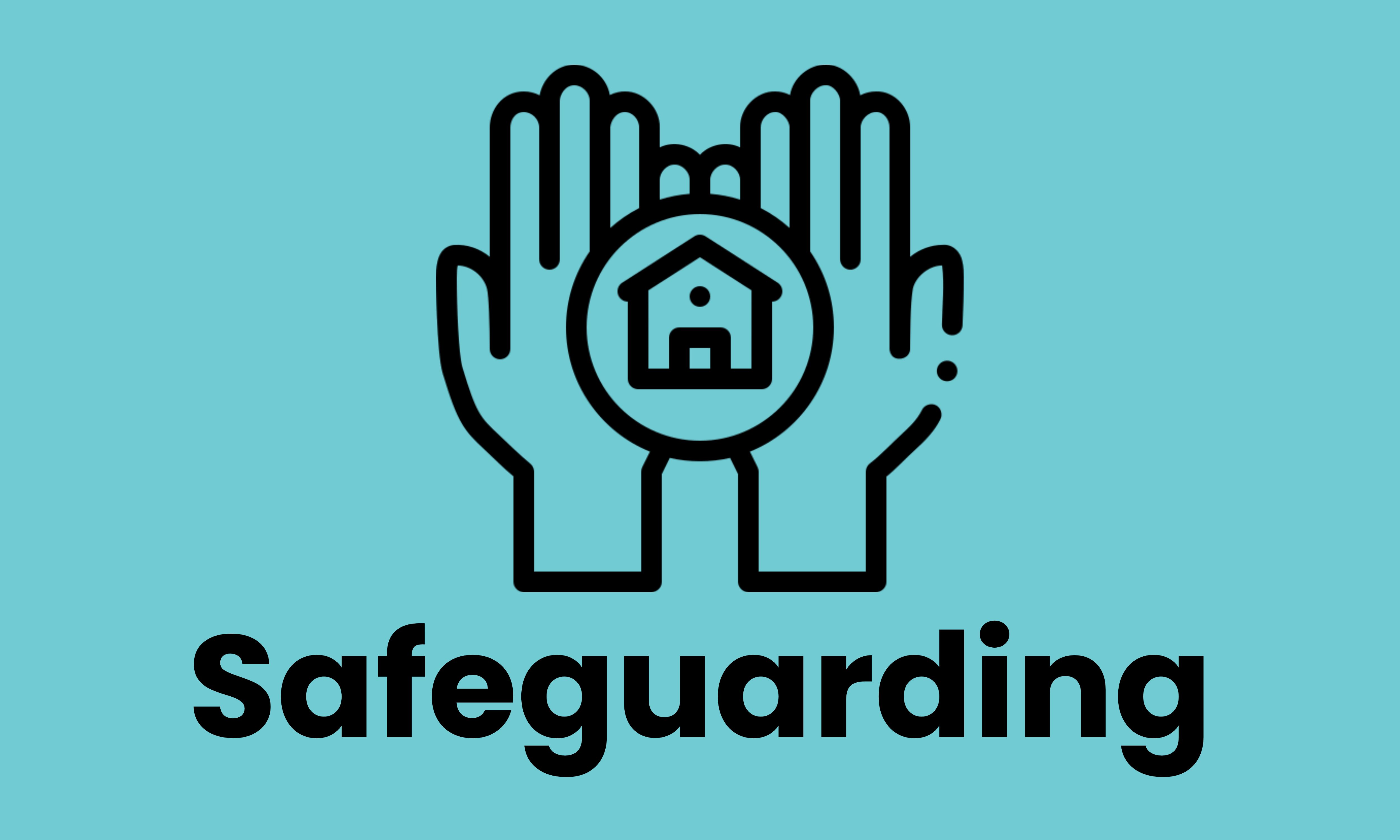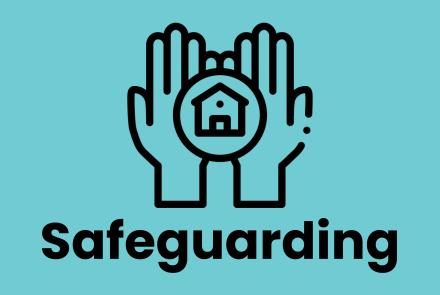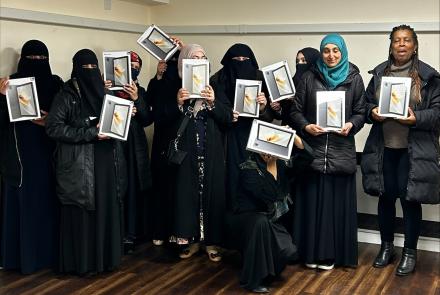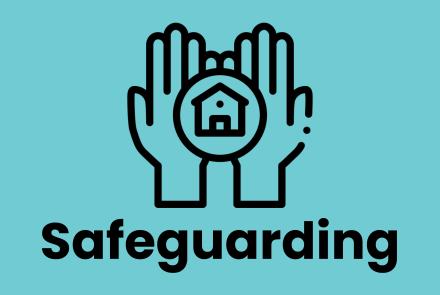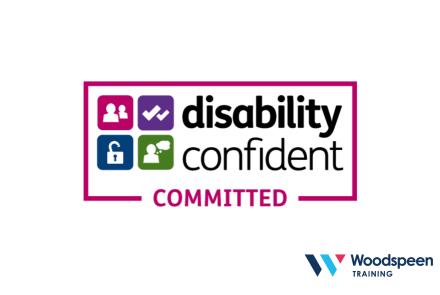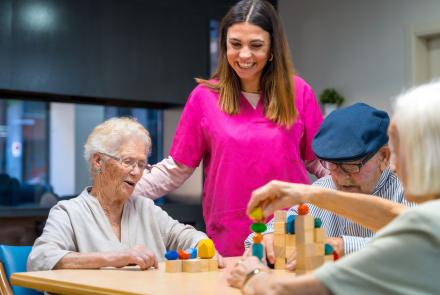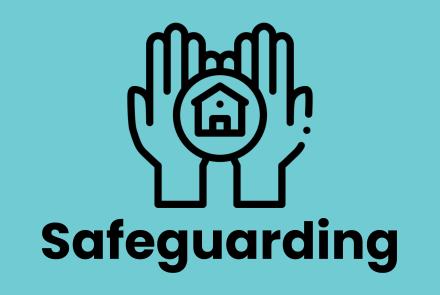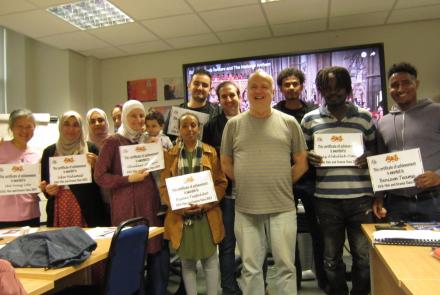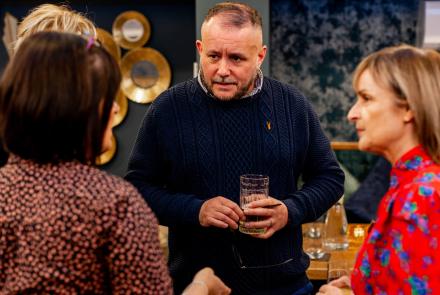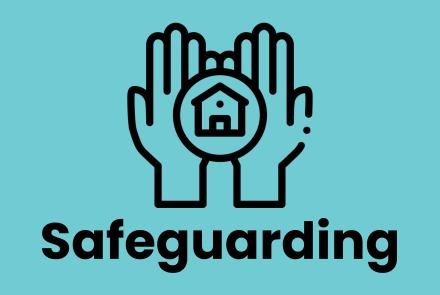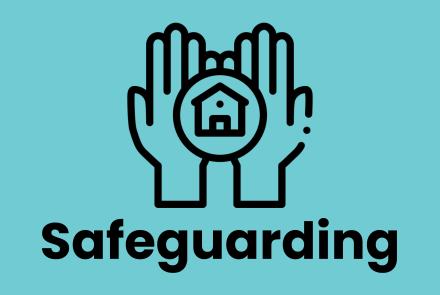Monthly safeguarding bulletin - February 2024
February's Safeguarding Bulletin
This month's bulletin has information on Sexual Abuse and Sexual Violence Week.
Prevent and Radicalisation
The current UK national terrorist threat level is ‘substantial’, which is defined as ‘an attack is likely’. This level has been unchanged since February 2022 and is set by the Joint Terrorism Analysis Centre and the Security Service (MI5).
The threat to Northern Ireland from Northern Ireland-related terrorism is ‘severe’, which is defined as ‘an attack is highly likely’.
For more information check out the Government Terrorism and National Emergencies page.
New statistics show increase in Prevent referrals
Counter Terrorism Policing’s Head of Prevent has warned that the latest Prevent statistics show a continuation of the ‘worrying trend’ of children becoming more prevalent in CT casework. In the year ending 31 March 2023, there were 6,817 referrals to Prevent, an increase of 6.4% compared to the previous year, and the third highest total of referrals since 2015.
If the referral progresses and it is assessed that there is a genuine risk of radicalisation, the case is considered by a multi-agency ‘Channel panel’ of professionals who collectively assess the case and decide on a tailored package of support that can be offered to the person. The majority of the referrals (39%) came from the Education sector, followed by policing with 29% of the total. Once again, children and young people are overly represented in both Prevent and Channel data, with 63% of referrals relating to under 20s, and 31% being aged 14 and under.
There was also a greater number of referrals relating to Extreme Right Wing (19%) terrorism concerns compared to Islamist extremism (11%) – a trend which has continued over the last few years. This prevalence of young people is also reflected in the Channel data, with 46% of adopted cases relating to children aged between 11 and 15.
For more information is available here.
If you need to complete Prevent duty training it is available here.
Former soldier jailed for plotting terror attack in Nottingham
A former British soldier, who was found guilty of preparing to commit a terrorist attack, has been jailed for four years and ten months. William Howitt, from Nottinghamshire, wrote a comprehensive and detailed plan to commit an arson attack at an independent bookstore in Nottingham. The bookstore was identified as a target by Howitt, as a reflection of his strongly opposing views – namely left-of-centre political and social issues, such as the ‘Black Lives Matter’ movement.
Counter-Terrorism officers found a plan on Howitt’s, detailing an attack on the city centre bookshop. Also on the device were a number of anti-Semitic, anti-Marxist and pro-Nazi messages, pictures and videos, which Howitt had started sending to friends from 2020. Using his former military knowledge and training, his plan set out the steps he would take in order to set fire to the location, and then escape, avoiding detection.
In the hours around the writing of the plan, Howitt went online and purchased the tools outlined he would need. A glass hammer and tarpaulin sheet were found at his address when officers from Counter Terrorism Policing East Midlands (CTPEM) searched the property. He was arrested in March 2023, and charged with preparing an act of terrorism.
The full story is available here.
Online hate and extremism
Internet Matters has published a blog post looking at countering online hate and extremism and supporting children’s safety. The blog post discusses: how and why young people get involved in online hate; how this can become extremism; and what can be done to counter it. Read the blog post: How to counter online hate and extremism with young people.
Sexual Abuse & Sexual Violence Awareness Week
Sexual Abuse & Sexual Violence Awareness Week takes place annually in February. This year the event will take place from February 5th to February 12th.
The annual event aims to raise awareness about the issues of sexual abuse and sexual violence, encouraging sufferers to get help, provide support to survivors, and also encourage a broader dialogue on preventing these forms of abuse and harm. It is also to challenge societal norms, stereotypes, and misconceptions surrounding these issues while providing a platform for survivors to share their stories and access support.
If you have been sexually assaulted or sexually abused it is important to remember that it was not your fault. Sexual violence is a crime, no matter who commits it or where it happens. Don't be afraid to get help.
What is sexual abuse?
When a person is sexually abused, they are forced, tricked, or manipulated into sexual activities and underdesired sexual behaviour. They might not fully understand that what is happening is abuse or that it is wrong for the abuser to do this to them. Sexual abuse can happen anywhere, to anyone – and it can happen in person or online.
Signs of sexual abuse.
- Avoiding being alone with or frightened of people or a person
- Having nightmares or sleep problems
- Alcohol or drug misuse.
- Being emotionally and or financially controlled and manipulated
- Self-harm and withdrawing
- Changes in their mood, feeling irritable and angry, or anything out of the ordinary.
- Change in normal behaviour and character, nervous and on edge
What are the statistics of sexual abuse in the UK?
Approximately 85,000 women and 12,000 men (aged 16 – 59) experience rape, attempted rape, or sexual assault in England and Wales alone every year; that is roughly 11 of the most serious sexual offences (of adults alone) every hour.
Finding out if your friend or family member has been sexually abused can be distressing, and you might not know what to do next. There is advice and support for you and your loved ones, that will give you the reassurance that you are doing the right thing.
Where to get help
Sexual assault referral centres (SARCs) offer medical, practical, and emotional support to anyone who has been raped, sexually assaulted, or sexually abused. SARCs have specially trained doctors, nurses, and support workers to care for you. You can get help from a SARC by booking an appointment with your nearest one.
Alternatively, there are also services and help you can access using the links below. You do not have to suffer alone talk to someone, there is lots of free and confidential support to start your recovery. For your own privacy and safety, you may want to delete the texts or calls from your phone after the conversation.
Here are a few places to turn for help:
- Reach out to a support service such as The Crisis Text Line Text 741741 to get connected with a Crisis Counsellor. In a hot moment, we can help you work through your emotions, identify healthy coping mechanisms, and—when necessary—help you find safety (ICYMI: we have a pretty good track record)
- Reach out to a friend, family member, or mentor. Nobody should have to go through their hard stuff alone. If you are feeling vulnerable or scared, identifying even one person who can have your back can make a big difference in your recovery
- Get medical attention. If you have been sexually abused, it is important to consult a doctor to ensure that you are physically healthy. This can include attending to any injuries and check for any STIs you may have contracted from your abuser. If you are concerned about finding one alone, our friends at RAINN have compiled a list of sexual assault advocacy organisations that can help you find an advocate in your area
- Timing is everything. If you have been raped, it is particularly important to get medical attention ASAP. A medical provider can help collect any evidence necessary should you want to take legal action in the future by collecting a “rape kit.” This includes attending to any immediate injuries and a head-to-toe examination to collect any DNA samples that may have been left by your abuser. It is your body and you are entitled to stop or pause at any time during the exam. You’ve got the power
Other information can be found on the NSPCC site.
Safety plan - considering most victims know the perpetrator of abuse, it is also important to make sure you have plans in place to keep yourself safe. This could include finding a friend to stay with, creating a code word for when you are in danger, and telling someone you trust about what is going on.
What can you do to support the Sexual Abuse & Sexual Violence Awareness Week
There are various ways to participate in sexual abuse & sexual violence awareness week and show your support:
- Attend awareness events: Look for related local or virtual events, seminars. These events often feature discussions, survivor testimonies, and educational sessions
- Share Resources: Share educational resources, articles, and helpline information on your social media platforms or within your community to spread awareness and provide help to those in need
- Wear Teal: Teal is the colour associated with sexual assault awareness. Consider wearing teal clothing or accessories during the week to show your support
- Engage in Conversations: Engage in open and respectful discussions about consent, healthy relationships, and the importance of reaching out
- Support Organisations: Donate to or volunteer with organisations that aid survivors and work towards preventing sexual abuse and violence
Male victims of Domestic Abuse
Abuse of men happens far more often than you might expect—in both heterosexual and same sex relationships. It happens to men from all cultures and all walks of life, regardless of age or occupation. Figures suggest that as many as one in three victims of domestic violence are male. However, men are often reluctant to report abuse because they feel embarrassed, fear they won’t be believed, or are scared that their partner will take revenge.
An abusive partner may hit, kick, bite, punch, spit, throw things, or destroy your possessions. To make up for any difference in strength, they may attack you while you’re asleep or otherwise catch you by surprise. They may also use a weapon, such as a gun or knife, or strike you with an object, abuse or threaten your children, or harm your pets.
Admitting the problem and seeking help doesn’t mean you have failed as a man or as a husband. You are not to blame, and you are not weak.
When dealing with an abusive partner:
- Leave if possible
- Never retaliate
- Get evidence of the abuse
- Keep a mobile phone, evidence of the abuse, and other important documents close at hand
- Obtain advice from a domestic violence programme
For more information, advice and support
https://mankind.org.uk/
https://mensadviceline.org.uk/ Freephone 0800 801 0327


